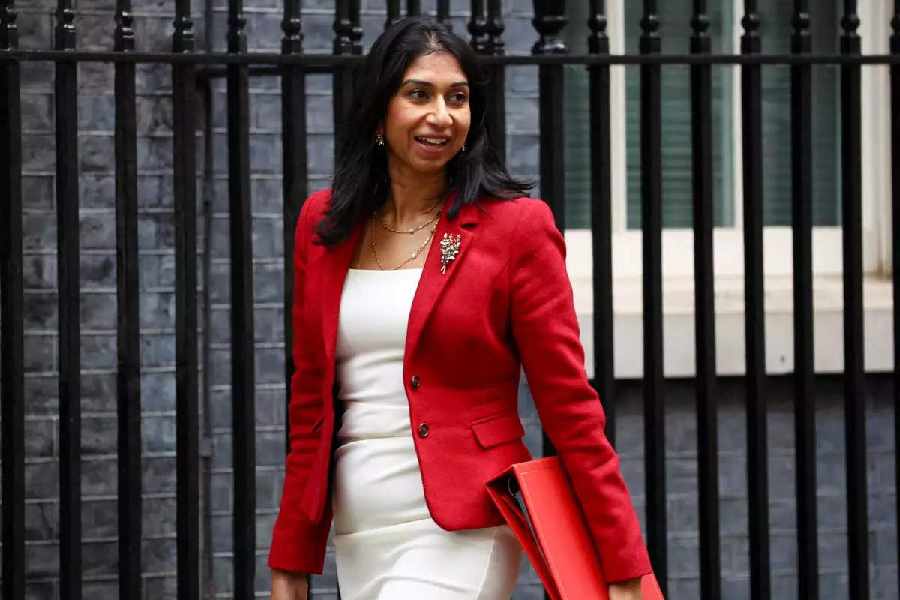British Prime Minister Rishi Sunak brought back former leader David Cameron as foreign minister on Monday in a reshuffle triggered by his firing of interior minister Suella Braverman after her criticism of the police threatened his authority.
Cameron, 57, served as Prime Minister from 2010 to 2016, resigning after the outcome of the Brexit referendum, when Britain voted to leave the European Union.
Under fire from Opposition lawmakers and members of the governing Conservative Party to eject Braverman, Sunak seemed to have brought forward a long-planned reshuffle to bring in allies and remove ministers he felt were not performing.
It was the latest reset for a Prime Minister whose party is badly lagging the Labour Party before an election expected next year.
Braverman had triggered outrage when she described pro-Palestinian protesters as “hate marchers”.
Sunak’s hand was forced when the ever-controversial Braverman defied Sunak last week in an unauthorised article accusing police of “double standards” at protests, suggesting they were tough on Right-wing demonstrators but easy on pro-Palestinian marchers.
The Labour Party said this had inflamed tensions between a pro-Palestinian demonstration and a far-Right counter-protest on Saturday, when nearly 150 people were arrested.
Braverman has been replaced by James Cleverly, who had relished his job as foreign minister but who is seen as a safe pair of hands. In a surprise move, Cameron, who was ousted from power after his gamble to call a referendum on Britain’s membership of the EU in 2016 backfired, was made foreign minister.
His appointment was welcomed by more centrist Conservatives, who say his international experience will help steady the ship.
But Braverman’s removal and Cameron’s return angered some Conservatives on the Right of the party.
One lawmaker said Braverman’s removal was disappointing and that she could become a vocal force on the so-called backbenches in Parliament.












